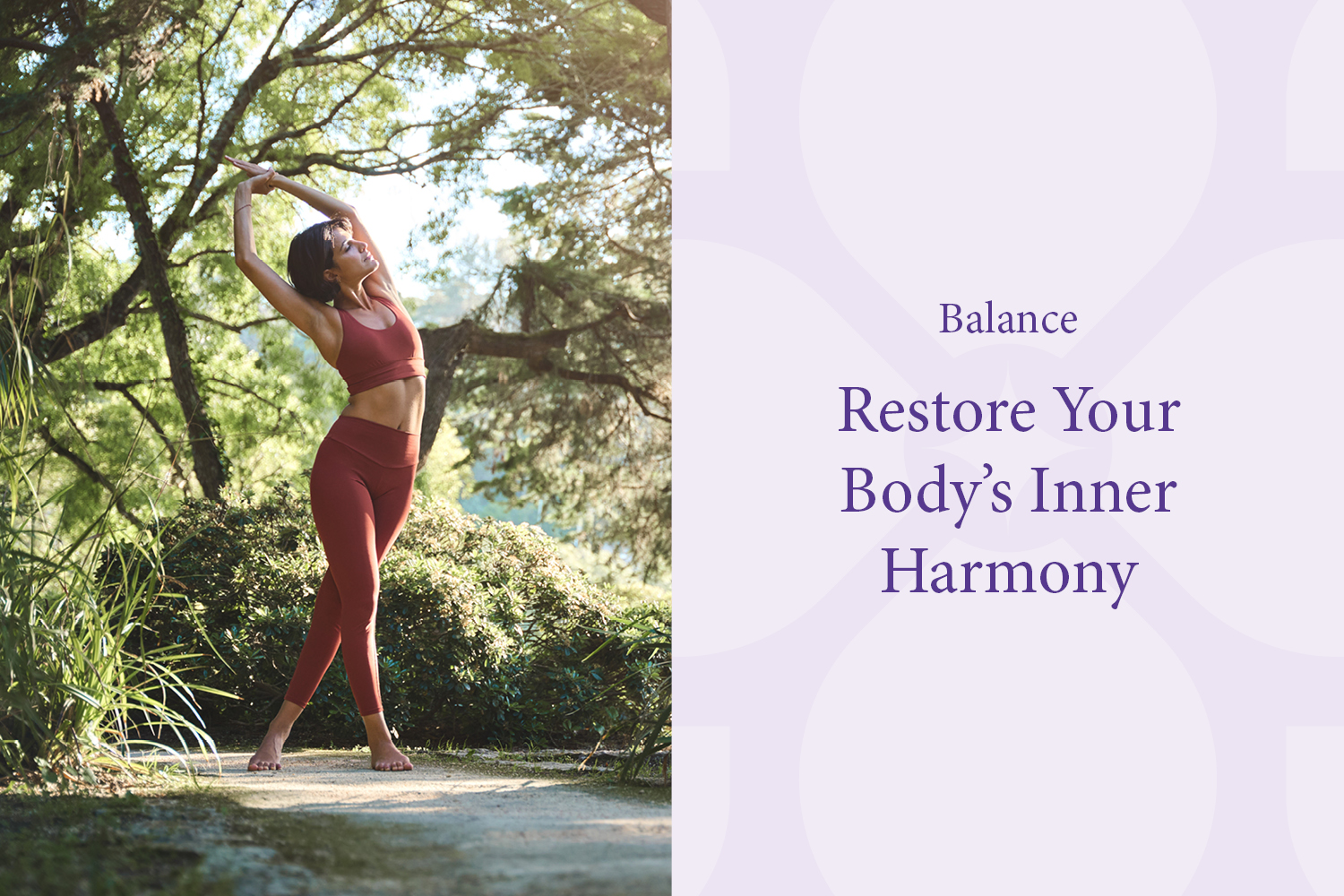Save £45 on all new patient consultations

Good health isn’t just about avoiding illness. It’s about supporting the body’s ability to function well each day. While we often look for outside fixes, true well-being comes from how we treat our bodies from the inside out.
Rather than chasing perfection, the goal is to create conditions that help your body adapt, recover, and move more comfortably. This includes everything from what you eat and how you rest, to how you respond to stress and support your spine.
Daily life presents a variety of challenges to our health. Environmental toxins, poor air quality, sedentary routines, and even emotionally demanding situations can have a physical impact.
When the body is under constant pressure, physically or mentally, it may become less adaptable. Muscles tighten, posture can change, and tension can build up in joints. Over time, this can lead to reduced mobility or discomfort.
Recognising these influences doesn’t mean avoiding all stress. Instead, it’s about making everyday choices that reduce the strain where possible and support better physical balance.
Your body is constantly working to maintain function and respond to demands. By creating a healthy environment, you support that natural effort.
A few healthy foundations can make a real difference:
These basic practices form a helpful starting point for feeling more energised, focused, and physically comfortable.
The way you move and how often affect how well your spine and joints function. Staying in one position for too long, whether standing or sitting, can contribute to stiffness and reduced range of motion.
Adding movement into your day, even in small ways, can help:
Simple, consistent actions can help your body feel less restricted and more resilient.
Often, the body gives you clues before discomfort becomes a problem. You might feel stiffness in the morning, tension after a long day at the desk, or tiredness that doesn’t quite go away.
Learning to notice these small signals allows you to respond early. Rather than waiting for pain to become persistent, you can make small changes such as adjusting your chair, stretching, drinking water, or even checking in with a chiropractor for support.
This kind of awareness isn’t about anxiety. It’s about taking practical steps when your body tells you it needs attention.
Chiropractic care focuses on joint movement, spinal health, and reducing areas of physical restriction. When joints move freely, the body is often better able to handle everyday stress and recover more comfortably.
Chiropractors assess the spine and other joints for areas that may be contributing to discomfort, reduced flexibility, or muscle tension. Gentle adjustments are used to restore better motion and support physical function.
Including chiropractic in your wellness routine is not about treating specific conditions; it’s about supporting your body’s ability to move, rest, and adapt to daily life.
Supporting your body’s inner balance doesn’t mean doing everything perfectly. Focus instead on creating a routine that includes rest, movement, nourishment, and occasional support when needed.
By paying attention to how your body feels and responding with care, you can improve comfort, mobility, and energy. Combined with regular movement and physical support like chiropractic care, these habits offer a practical path to long-term well-being.